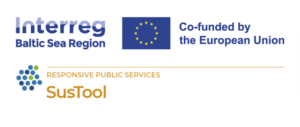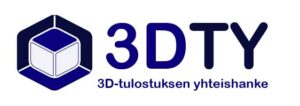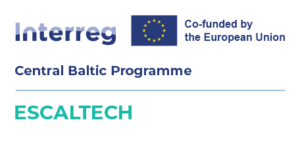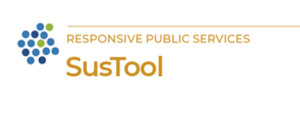February 20, 2023
The Corporate Sustainability Reporting Directive (CSRD) will have to be incorporated into national legislation in all EU member states by 2025. EU law requires certain companies to disclose information on the way they operate and manage environmental, social and governance challenges, in ESG reporting format.
Scope applies to all large companies and listed companies on regulated markets, including listed SMEs. However, it affects all SMEs because they are part of supply chains whom the information is asked, sustainability report is asked by investors, by banks, by end customers etc.- so the demand is very high and raising.
Currently, the sustainability information reported and published by companies differ from one company to another. The lack of precision in the current requirements and the complexity of the directives and regulations has resulted in many private reporting standards and frameworks, which are difficult to understand and expensive service to outsource.
Under the project are 3 work streams:
1. Methodology development and digital tool development- the methodology for sustainability reporting is developed according to the EFRAG standard and its guidelines. Also several transnational stakeholder groups are consulted for mapping the best practices. According to the methodology the tool is developed as a digital reporting environment with the guidances what data to submit in order to fulfil the ESG report and receive the recommendations to their performance in sustainability areas.
2. Piloting of the tool- the piloting helps to test the tool on target groups and identify the bugs, that need to be fixed.
3. Dissemination and transferring the results- for reaching to the auditorium, direct meetings with target groups, trainings, seminars and other greenfield activities are held.
Project target groups:
In general, the project serves the needs for:
● Large enterprises who are obliged to report ESG
● Public sector authorities who are interested of more accurate data and receive the input for policy decision making processes
More specifically, the project targets ICT sector large, small and medium size enterprises, for the piloting and feedback.
Looking beyond the reporting level, in a wider perspective, the project contributes directly to green transition and helps to develop a more environmentally friendly and sustainable business environment. The project aims for provide clarity into ESG reporting. By giving the tools and knowledge to the businesses, they are empowered for more sustainable executive decisions and updating the business models in accordance with ESG.
Partnership:
The partnership is developed by a consortium of respective national authorities and ICT associations.
FINLAND: Ministry of Economic Affairs and Employment (AP); DIMECC LTD
ESTONIA: Ministry of Economic Affairs and Communications (Lead Partner); Ministry of Finance; Ministry of Environment (AP ); Environmental Investment Centre (AP); ITL Estonia; Let’s do it foundation/ SUSTAXO
LATVIA: Ministry of Environmental Protection and Regional Development; LIKTA
LITHUANIA: Ministry of Economy and Innovation (AP); INFOBALT
POLAND: WAMA COOP- The Association for the Development of Cooperatives and Local Entrepreneurship (AP)
The project will be implemented on 2023-2025.
The project is supported by INTERREG BALTIC SEA REGION, total budget is nearly 3,5 mEUR.
Link to the project website.
If your company is interested in participating in the development of the tool or want to learn more about the CSRD requirements, please contact Lisbet Frey lisbet.frey(at)dimecc.com.











